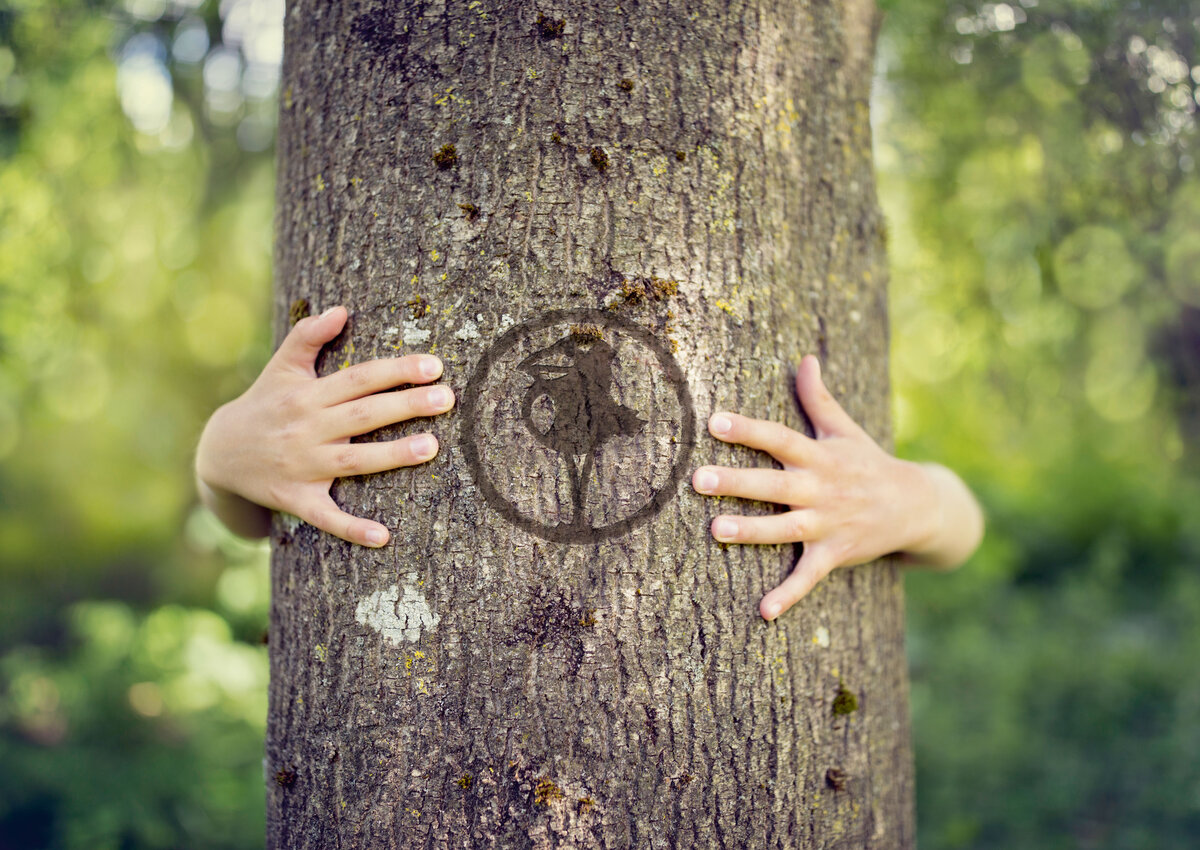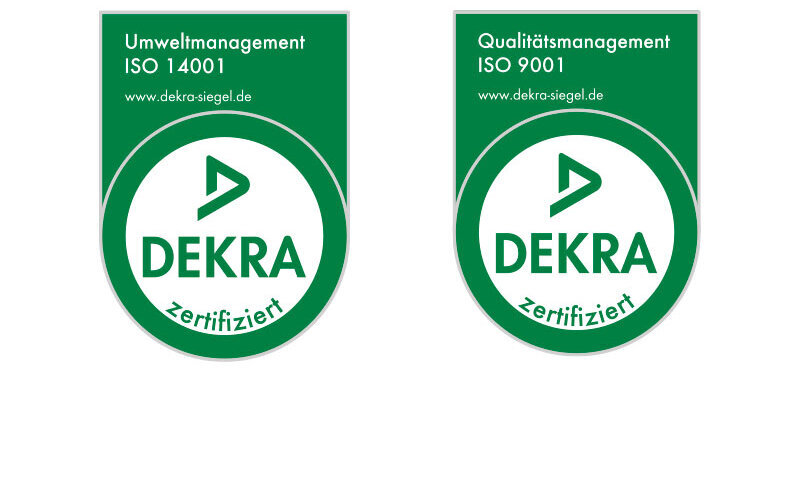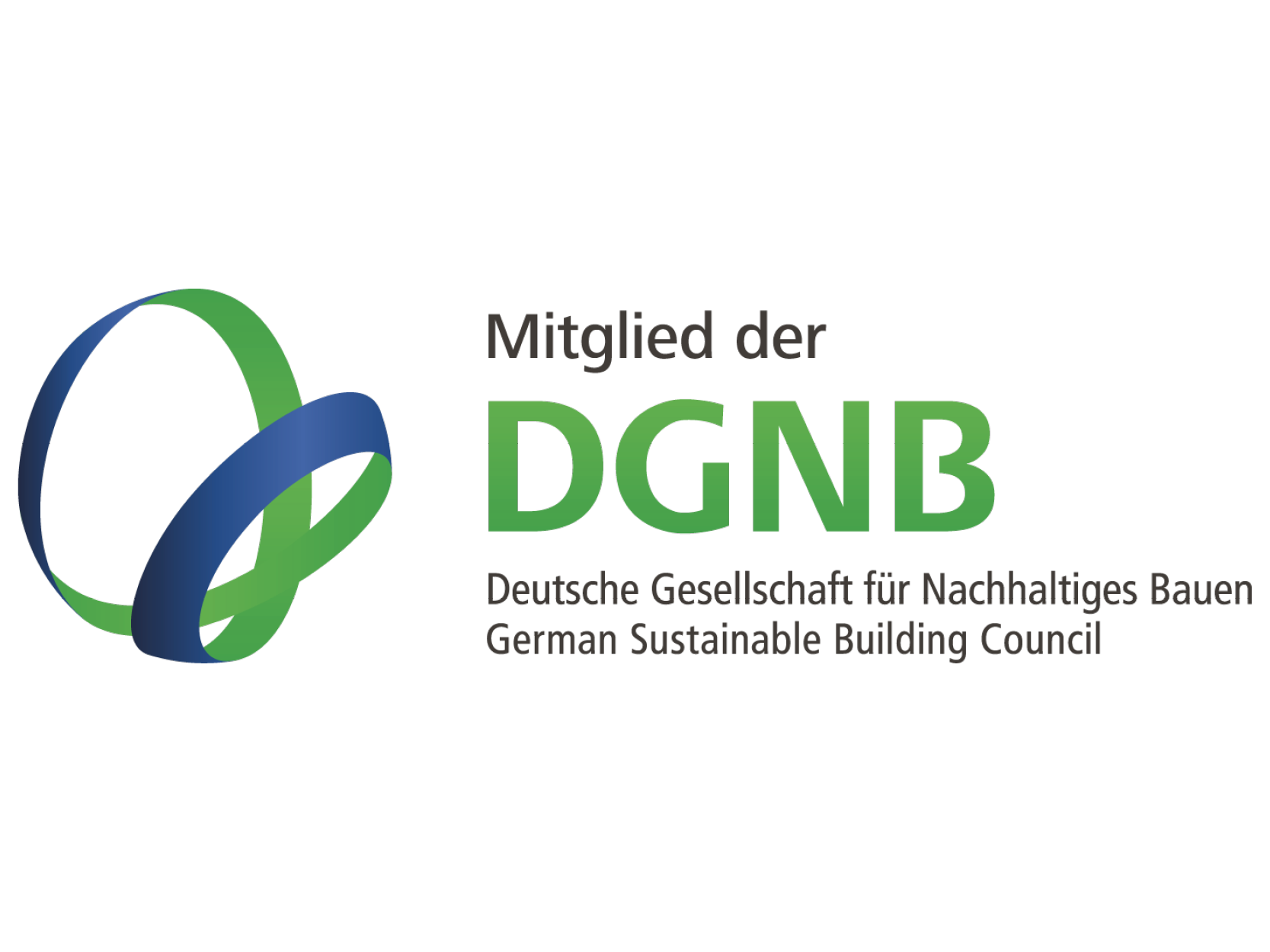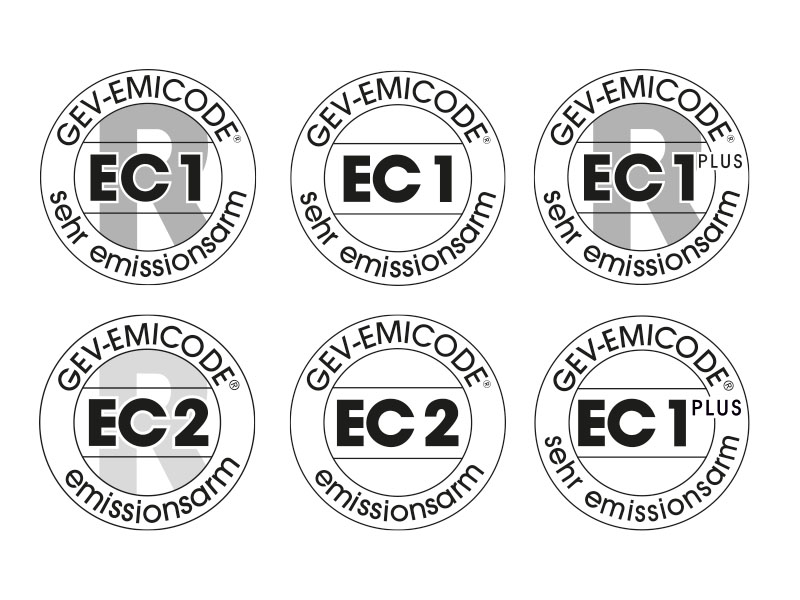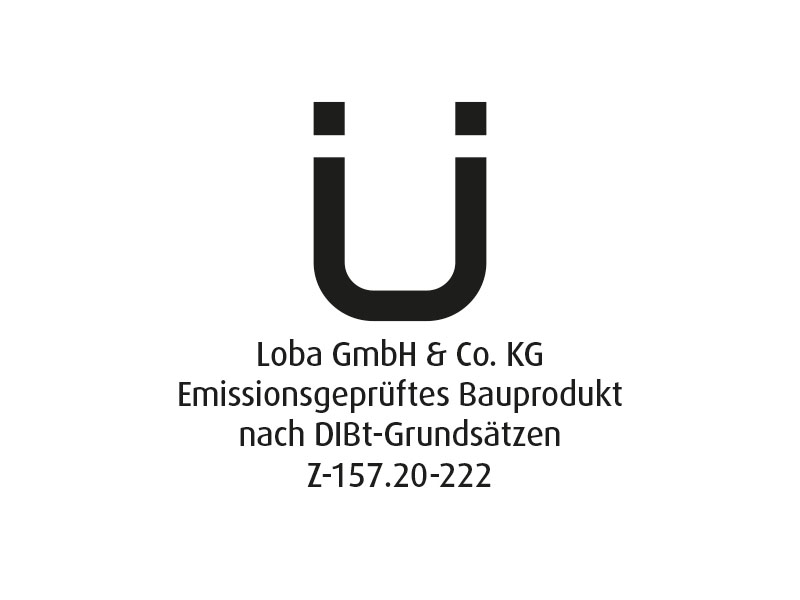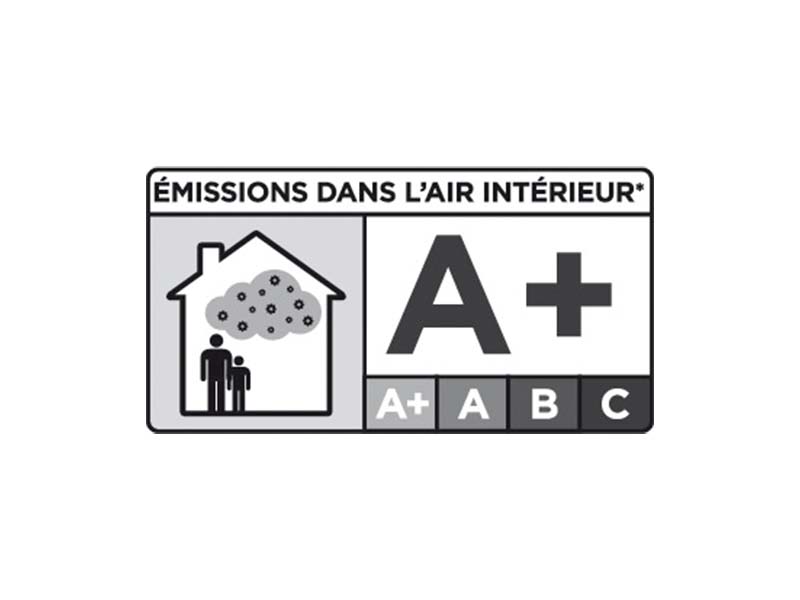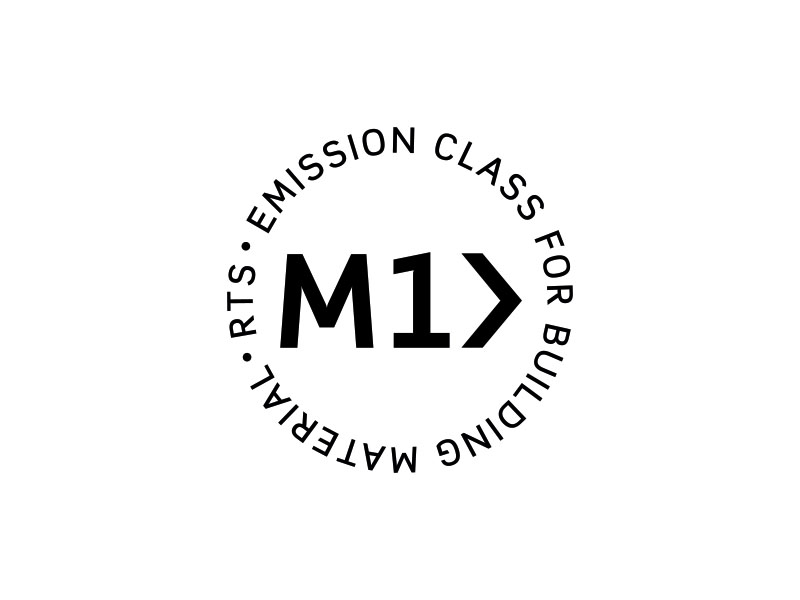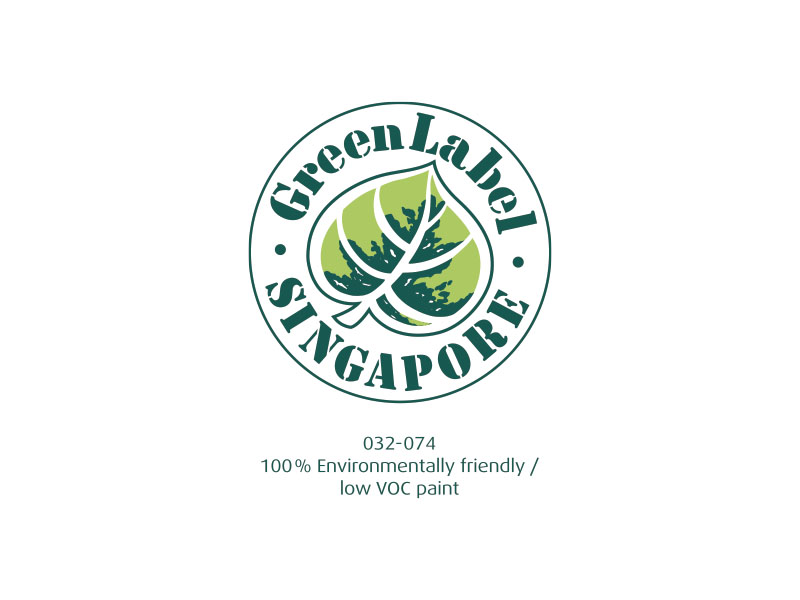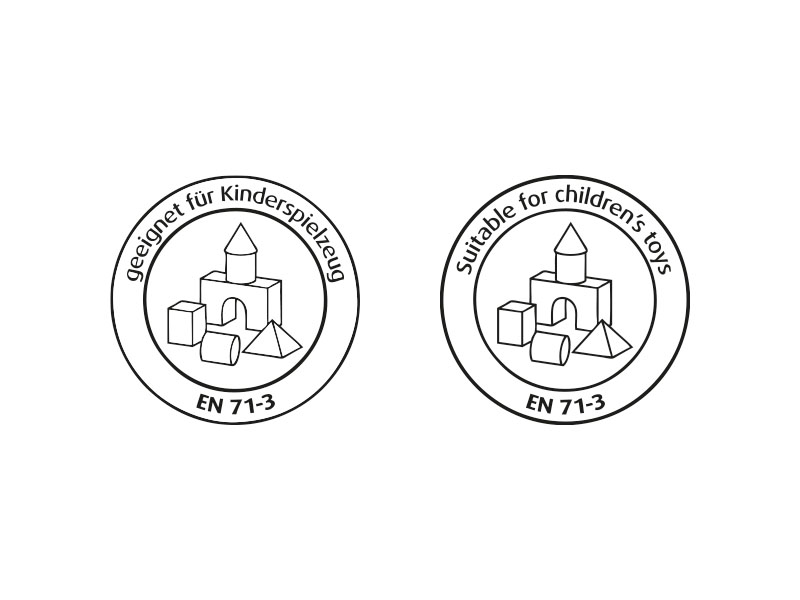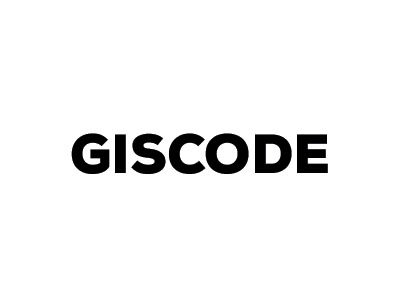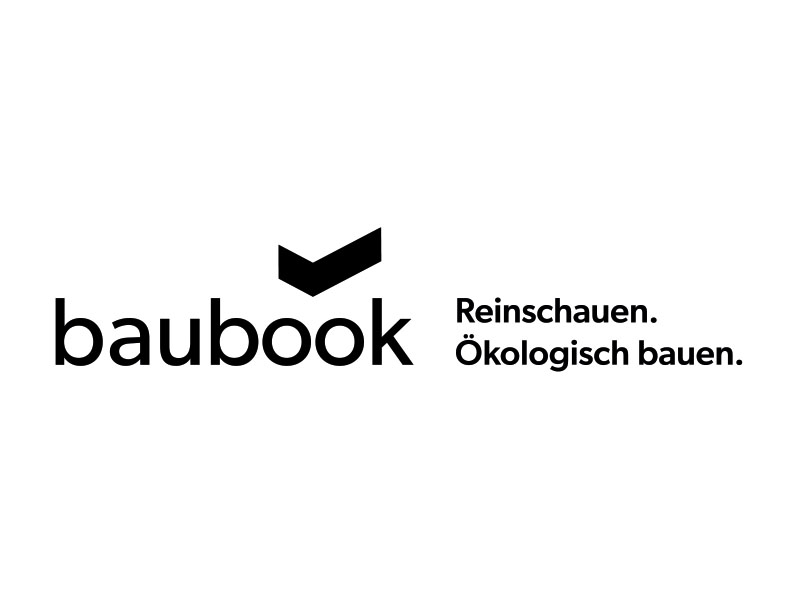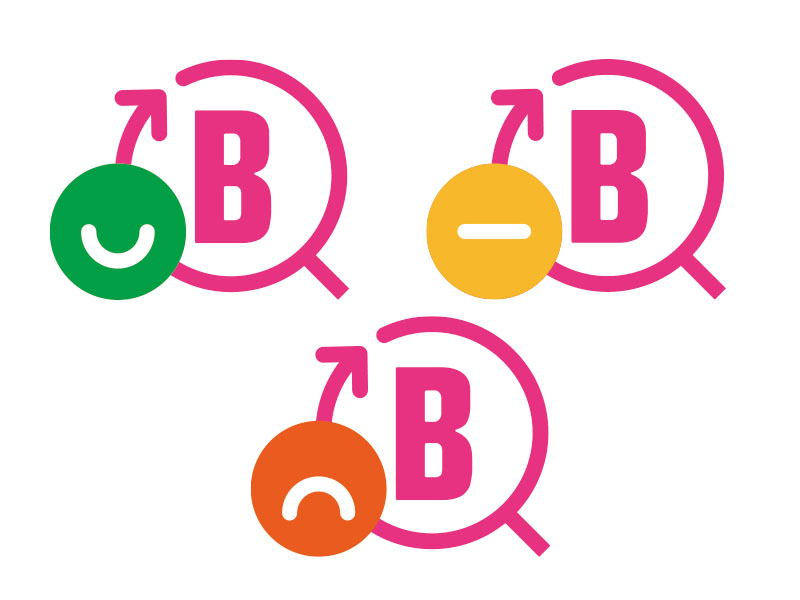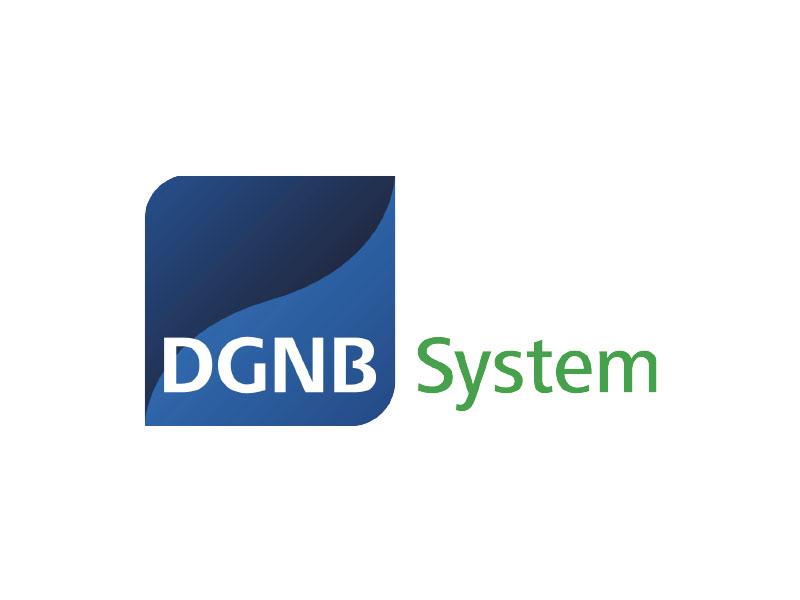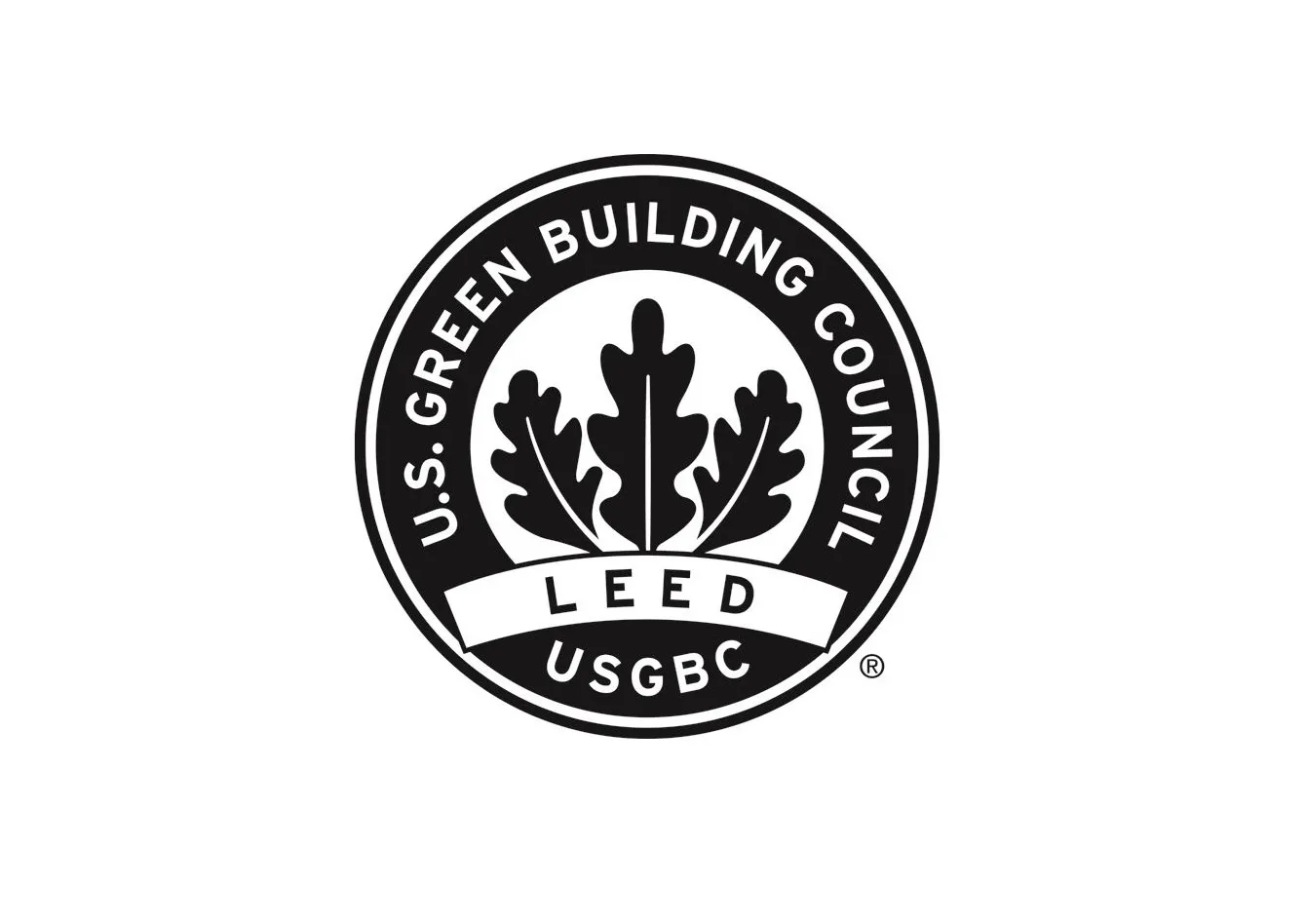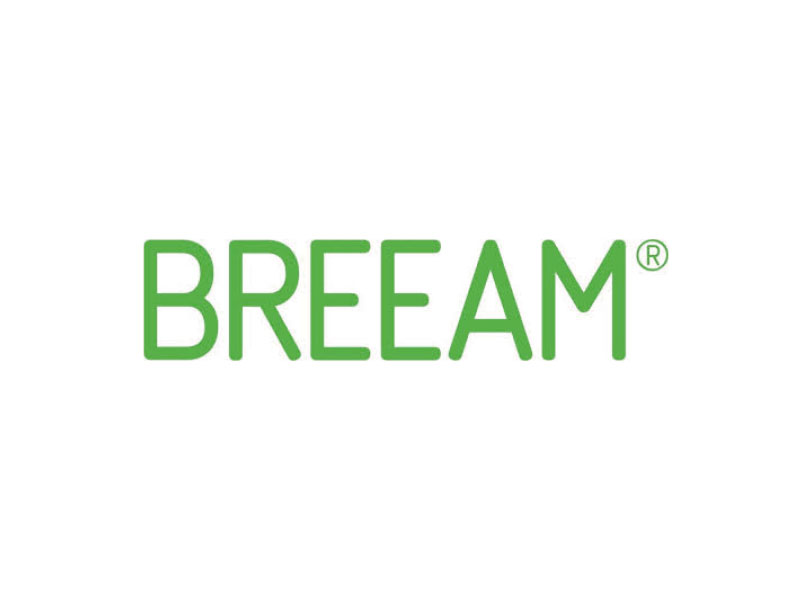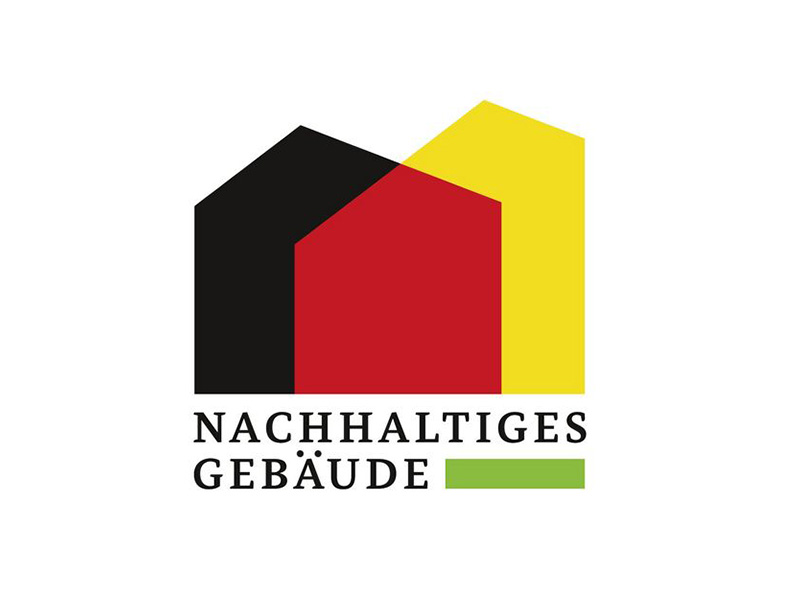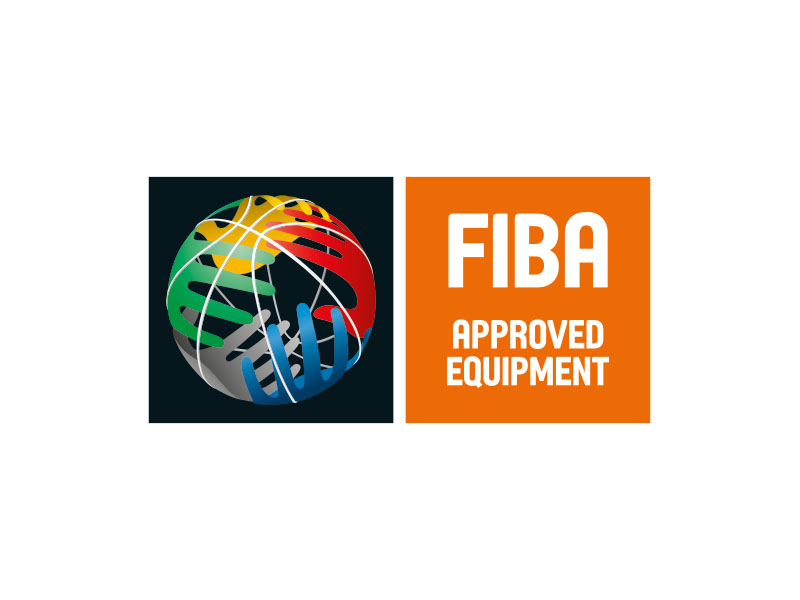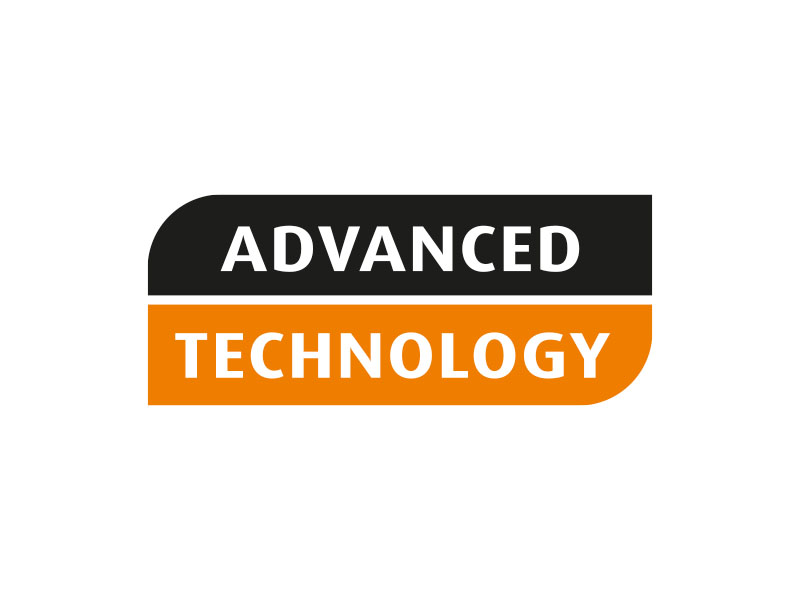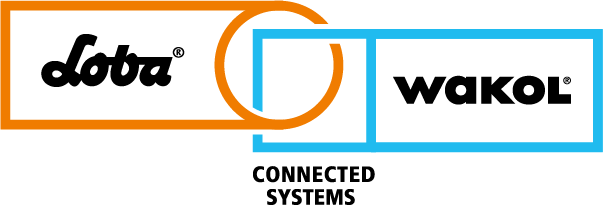LOBA Opt-In
Purpose: Uses a cookie to save your consent, which you give using this tool.
Processing company: LOBA GmbH & Co. KG, Leonbergerstr. 56-62, 71254 Ditzingen, Germany
Technologies used: Cookie (lobaOptin)
Personal data processed: none
Legal basis: Section 25 (2) No. 2 TTDSG
Storage period of the cookie: 6 months
Session cookie
Purpose: Stores a session ID which is used to assign various requests from your browser to the same session. This ensures that your computer is recognised again when you return to the website.
Processing company: LOBA GmbH & Co. KG, Leonbergerstr. 56-62, 71254 Ditzingen, Germany
Technologies used: Cookie (fe_typo_user)
Personal data processed: none
Legal basis: Section 25 (2) No. 2 TTDSG
Storage period of the cookie: The session cookie is deleted when you close the browser.
Matomo
Purpose: Matomo is a self-hosted web analytics service for evaluating user activities on the website. Matomo is designed to help us to better adapt the content on our website according to your interests.
Processing company: LOBA GmbH & Co. KG, Leonbergerstr. 56-62, 71254 Ditzingen, Germany
Technologies used: Cookies (_pk_id, pk_ref, pk_ses)
Personal data processed: IP address, visits to the website, and date and time (time stamp) when the cookie was created
Legal basis: Art. 6 para. 1 sentence a) GDPR, Section 25 (1) sentence 1 TTDSG
Recipient of the data: Processor
Transfer to third countries: Does not occur
Google Maps
Purpose: This is a map service.
Processing company: Google Ireland Limited, Google Building Gordon House, 4 Barrow St, Dublin, D04 E5W5, Ireland
Technologies used: Cookies, API
Personal data processed: Date and time of visit, location information, IP address, URL, usage data, search terms, geographical location
Legal basis: Art. 6 para. 1 sentence a) GDPR, Art. 49 para. 1 sentence a) GDPR, Section 25 (1) sentence 1 TTDSG
Recipient of the data: Google LLC, Alphabet Inc. (both in the USA)
Transfer to third countries: Yes
Measure in accordance with Art. 44ff: GDPR. Consent (Art. 49 para. 1 sentence a) GDPR)
Storage period: Data is deleted once it is no longer needed for processing purposes.
Other information: The data transferred to Google is not anonymous and is stored in the USA. Both Google and government authorities can access this data. Google uses this data for its own purposes and for creating profiles. Google links the data with other data about the user such as search history, personal accounts, the usage data of other devices, and all other data that is available to Google for this user.
YouTube
Purpose: This is a video player service.
Processing company: Google Ireland Limited, Google Building Gordon House, 4 Barrow St, Dublin, D04 E5W5, Ireland
Technologies used: Cookies (VISITOR_INFO1_LIVE, YSC, PREF), Local Storage
Personal data processed: IP address, videos viewed, device information, referrer URL
Legal basis: Art. 6 para. 1 sentence a) GDPR, Art. 49 para. 1 sentence a) GDPR, Section 25 (1) sentence 1 TTDSG
Recipient of the data: Google LLC, Alphabet Inc. (both in the USA)
Transfer to third countries: Yes
Measure in accordance with Art. 44ff: GDPR. Consent (Art. 49 para. 1 sentence a) GDPR)
Storage period: Maximum limit for the storage of cookies: 7 months
Other information: The data transferred to Google is not anonymous and is stored in the USA. Both Google and government authorities can access this data. Google uses this data for its own purposes and for creating profiles. Google links the data with other data about the user such as search history, personal accounts, the usage data of other devices, and all other data that is available to Google for this user.


